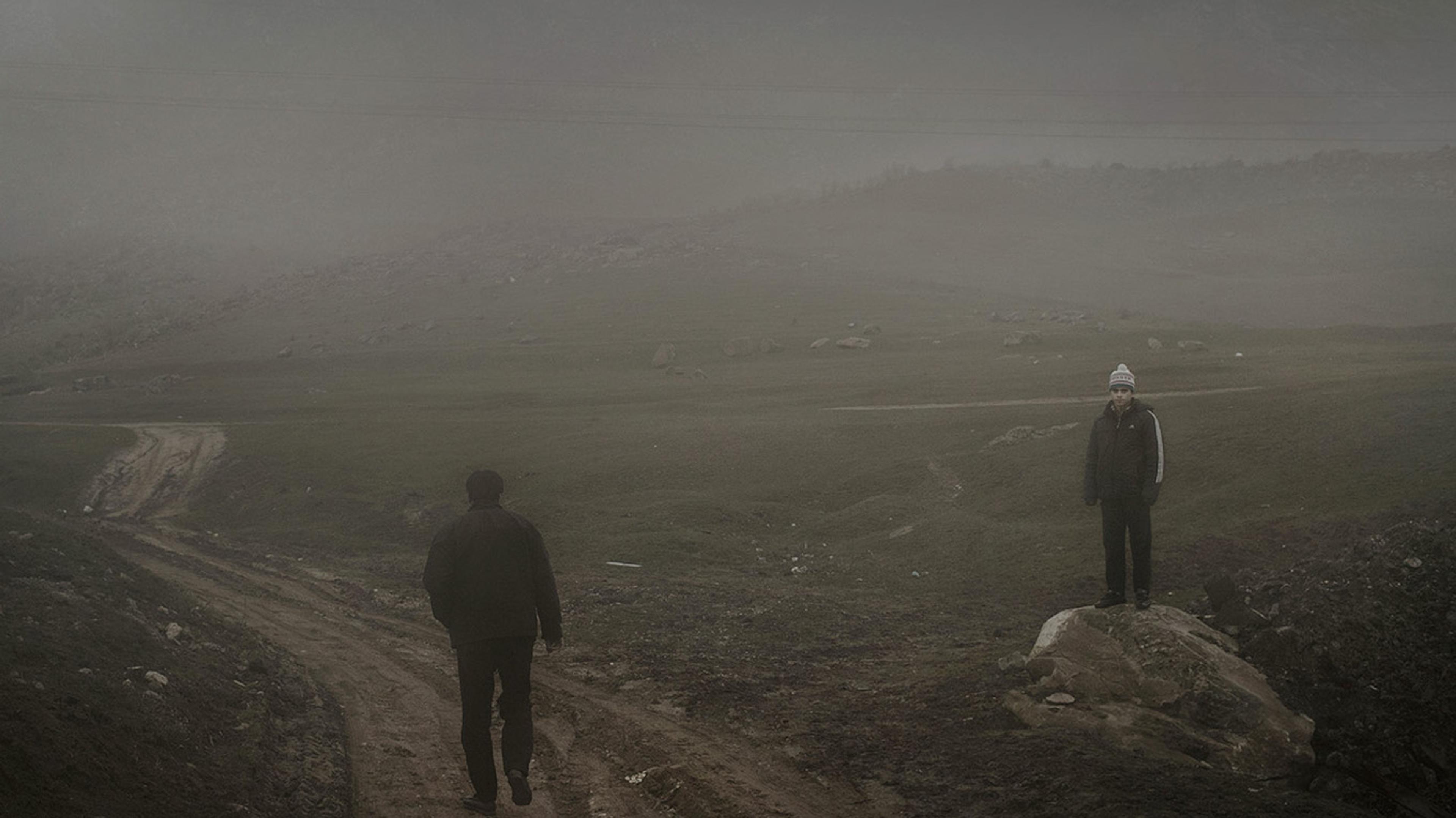Pieter ten Hoopen
Testimonies from the North Caucasus

The Caucasus Mountains located near Sochi, Russia will host part of the Winter Olympics due to commence on the 7th of February 2014. The same mountain range is also home to the North Caucasus, the site of Europe’s deadliest conflict. Two devastating wars in the republic of Chechnya after the collapse of the Soviet Union resulted in the violence spreading across the whole region. Although the military operations officially ended in earnest in 2009, some 700 people have been murdered in the last year in this small multi-ethnic, multi-religious corner of Russia.
a short film and stills that meander between photojournalism and art
The roots of the struggle, initially concerned with seeking independence from Russia, have now developed into a religious struggle with radical Islam at its centre. The republic of Dagestan has become a hotbed for terrorism and violence with both jihadist fighters and the government at war with one another. The fight against terrorism has often justified the state’s involvement in extrajudicial killings, kidnappings, torture, and persecution of the devout followers of Islam. Rampant corruption, lawlessness and impunity for crimes have escalated the conflict. In 2009 saw a wave of murders of North Caucasus human rights defenders. The civil society in Chechnya was killed together with Natalia Estemirova, the leading advocate of human rights.
Pieter ten Hoopen, with a World Press Photo Award and an experience from countries such as Congo, Afghanistan and Colombia behind, personalizes the conflict in North Caucasus in a short film and stills that meander between photojournalism and art. Pieter ten Hoopen and Inna Bukshtynovich from Civil Rights Defenders travelled to Chechnya, Dagestan and Ingushetia in the North Caucasus to document the stories told by families of the victims of grave human rights abuses.
These are just several cases amongst the many thousands of human rights abuses that have taken place throughout the North Caucasus. The victims come from various social backgrounds: from doctors and factory workers to teenagers and seniors, the religious and secular, women and men, there are no social borders. We can see the macabre absurdity found in this part of Russia from the beach in Makhachkala, Dagestan’s capital city. Local fishermen focus on their fishing rods bopping up and down in the blue waters of the Caspian Sea, while a young couple with a new-born take an evening stroll on the beach. En route they pass a shop with a sign that reads “Bulletproof Clothes.”
Text: Inna Bukshtynovich, Civil Rights Defenders.
The exhibition contains some disturbing images.